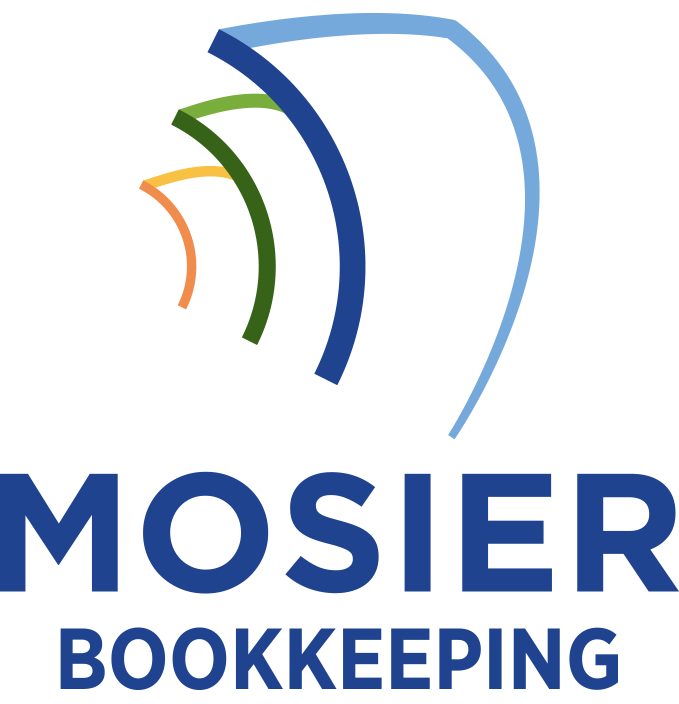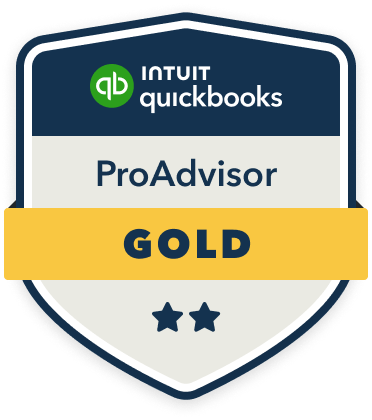To stay informed about tax law changes affecting your small business, I recommend implementing an all-encompassing monitoring system. Subscribe to the IRS’s e-News for Small Businesses, partner with a qualified tax professional, and join relevant industry associations that provide legislative updates. Additionally, regularly monitor government tax websites and leverage tax software platforms that offer real-time notifications. Following these strategies will help you build a robust tax compliance framework for your business.
Subscribe to IRS Email Updates and Newsletters

Because tax laws frequently change, subscribing to the IRS’s email updates and newsletters provides a direct line to critical information affecting your small business. I recommend signing up for the IRS’s e-News for Small Businesses, which delivers updates directly to your inbox. You’ll receive alerts about tax law modifications, filing deadlines, and compliance requirements.
To subscribe, visit IRS.gov and locate the “Subscriptions” link at the bottom of the homepage. Select “e-News for Small Businesses” from the subscription options. You’ll need to provide your email address and verify your subscription through a confirmation email.
Partner With a Qualified Tax Professional
Working with a tax professional shouldn’t be limited to annual tax filing – I recommend scheduling regular strategy sessions to review your business’s tax position and discuss upcoming changes that could affect your bottom line. You’ll benefit from having a qualified advisor who monitors legislative updates and interprets how new tax laws specifically impact your business operations. This year-round advisory support helps you make proactive decisions about tax planning while ensuring your business remains compliant with evolving regulations.
Regular Strategy Sessions
While tax regulations evolve continuously, scheduling regular meetings with a qualified tax professional secures your business stays compliant and financially optimized. I recommend quarterly strategy sessions to assess your financial position, review recent tax law changes, and adjust your tax planning approach accordingly.
During these meetings, I’ll help you analyze your business structure, identify potential deductions, and implement strategies to minimize your tax burden. We’ll evaluate your cash flow patterns, investment opportunities, and regulatory requirements. These proactive discussions confirm you’re positioned to leverage new tax advantages while avoiding costly compliance issues that could impact your bottom line.
Year-Round Advisory Support
Beyond scheduled quarterly meetings, year-round tax advisory support provides continuous guidance through complex financial decisions and unexpected regulatory shifts. I recommend partnering with a tax professional who offers unlimited access for time-sensitive questions and strategic planning. You’ll gain real-time insights on how proposed legislation could impact your business, enabling proactive adjustments to your tax strategy.
Your advisor should provide email updates, phone consultations, and rapid responses to emerging compliance requirements. This ongoing relationship guarantees you’re leveraging every tax advantage while maintaining audit-ready documentation. You’ll make informed decisions about major transactions, equipment purchases, and hiring plans with expert backing.
Join Industry Associations and Business Networks

Because tax regulations constantly evolve, joining industry associations and business networks can provide you with timely updates and expert insights about changes that affect your small business. I recommend connecting with your local Chamber of Commerce, industry-specific trade groups, and professional organizations like the National Federation of Independent Business (NFIB).
These memberships often include access to tax bulletins, legislative alerts, and specialized forums where you can discuss tax implications with peers. You’ll gain valuable networking opportunities and can leverage collective knowledge to navigate complex tax changes. Many associations also offer exclusive seminars and workshops focused on tax compliance and planning strategies.
Monitor Government Tax Websites and Resources
Since tax laws frequently change at federal, state, and local levels, I recommend routinely checking official government websites for authoritative updates. Bookmark the IRS.gov Small Business Tax Center, your state’s revenue department portal, and local tax authority websites. I’ve found these sites offer direct access to tax bulletins, revenue procedures, and regulatory amendments that affect your business operations.
Set up email alerts on these platforms to receive notifications about new guidance documents, filing deadlines, and compliance requirements. When you need clarification, use the IRS’s Interactive Tax Assistant and your state’s online taxpayer resources for definitive answers to specific questions.
Leverage Tax Software and Digital Platforms

Leveraging tax software helps you receive automatic updates about changing tax regulations while ensuring your business stays compliant. I recommend using digital platforms that integrate real-time tax law notifications with your accounting system to minimize errors and missed deadlines. You’ll find valuable learning resources within these platforms, including video tutorials, webinars, and interactive guides that explain new tax provisions specific to your business type.
Automated Tax Updates
The digitization of tax compliance has revolutionized how small businesses stay current with tax law changes. I recommend implementing automated tax updates through advanced software platforms that streamline compliance and minimize risk.
Key automated features you’ll want to leverage:
- Real-time notifications when federal, state, or local tax laws change
- Automatic software updates that incorporate new tax calculations and forms
- AI-powered compliance checks that flag potential issues before filing
- Direct integration with accounting systems for seamless data flow
Digital Learning Resources
Numerous digital learning platforms now provide extensive tax education tailored specifically for small business owners. I recommend leveraging platforms like TaxAct Learn, Bloomberg Tax, and H&R Block’s Small Business Resource Center to access real-time updates and thorough courses.
These platforms offer interactive modules, video tutorials, and downloadable guides that break down complex tax regulations into actionable insights. You’ll find specialized tracks covering topics like deductions, credits, and compliance requirements. I’ve found that combining multiple digital resources creates a robust knowledge base, ensuring you’re prepared for tax law changes that impact your business operations.
Set Up Google Alerts for Tax Law Changes
Setting up Google Alerts provides a streamlined way to monitor tax law changes that affect your small business. I recommend creating multiple alerts using targeted keywords to guarantee comprehensive coverage of relevant updates.
Set up these essential Google Alerts:
- “Small business tax law changes [your state]”
- “IRS updates small business”
- “Tax code amendments business”
- “Small business tax legislation”
I filter my alerts to receive a daily digest, allowing me to quickly scan headlines and identify critical changes. By adjusting the alert settings to “Only the best results,” I minimize noise and focus on authoritative sources like government websites and respected tax organizations.









